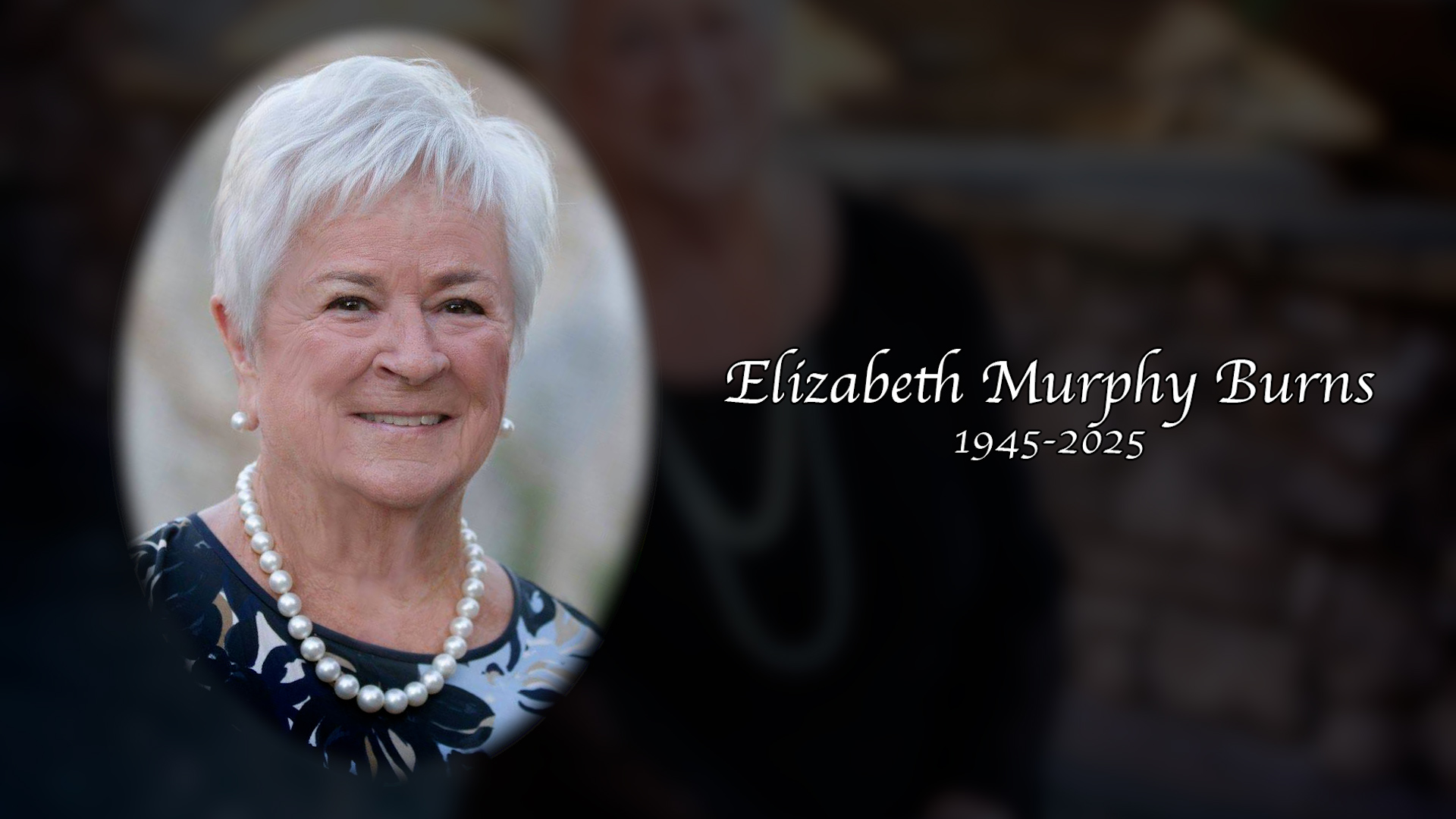Emmis' Smulyan Goes After the 'Overserved'
With lawmakers closing in on the analog broadcast spectrum like a pack of hungry dogs on a bone, broadcasters are gravitating toward the over-the-air, multichannel pay service proposed by Emmis Chairman Jeff Smulyan at NAB2004.
"We've had 370 stations sign on in the first five weeks," Smulyan said at a Media Institute luncheon in Washington, D.C., held one day after House Commerce Committee Chairman Joe Barton, (R-Texas) indicated that he'd prefer to stick to the original 2006 analog shut-off deadline.
Breaking with the Broadcast Brotherhood and its pursuit of all things must-carry, Smulyan is endorsing a renaissance of over-the-air television via DAS, or the Digital Antenna System. DAS would deliver an encrypted package of local stations, (including HD telecasts at around 13 Mbps with MPEG-4), plus 20 to 30 cable networks to special OTA set-top decoders for about $25 a month.
Smulyan estimated that around 45 percent of homes would need amplification to receive DAS, but that within five years or so, adequate antenna systems could be built right into the set-tops. (Smulyan also confessed that he is something of a quintessential techno-neophyte.)
DAS is similar to USDTV, the multichannel OTA system launched earlier this year by former broadcast executive Steve Lindlsey. Smulyan said Emmis is considering buying USDTV, which it would then spin with DAS to create a standalone company owned collectively by participating broadcasters.
Smulyan figures the market for DAS service consists of the "overserved"--people who don't care to pay $100 for 200 channels, plus VOD, PPV, VoIP and the burgeoning pallete of other acronyms available on cable. Market research indicated that around 25 percent of the population is interested in DAS, he said.
Without some form of proactive business approach, the prospects for broadcasting do not look all that good, Smulyan said. The problem with must-carry is that it takes control of the broadcast business out of the hands of broadcasters. A few years back, he said, FCC Chairman Michael Powell asked Smulyan if terrestrial broadcast TV should be saved. If for nothing else, it should be saved for localism and for the sake of universal distribution, Smulyan said.
Get the TV Tech Newsletter
The professional video industry's #1 source for news, trends and product and tech information. Sign up below.
